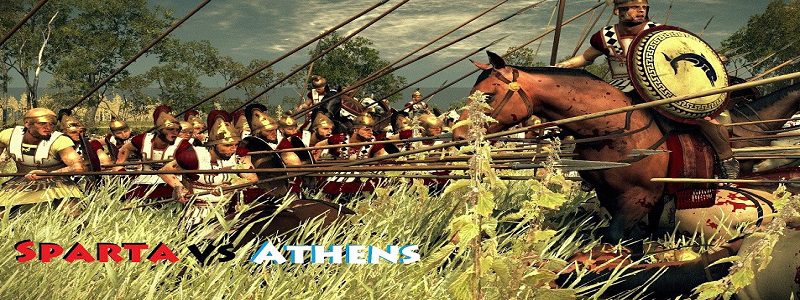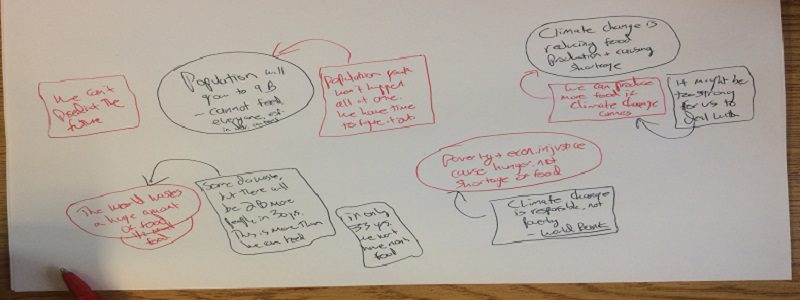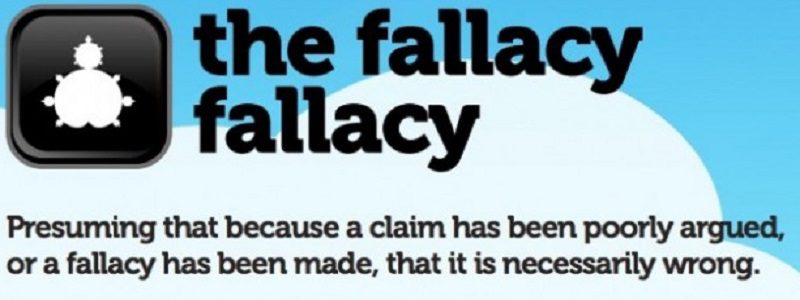Athens vs. Sparta: An Argument-Based Project, with Documents, Debates, and Discussion
Overview
Ancient Greece is often considered the birthplace of Western Civilization. When we study the place and time of ancient Greece — in, for example, Humanities, World Studies, European History, Civics, or Government — we are studying seminal antecedents of the United States — social, cultural, educational, political. One angle in this content is to contrast the primary city-states, and Peloponnesian War antagonists, Athens and Sparta.
This multi-layered argument-based project has students study the two city-states through five domains of these comparable but contrasting societies: economy, education, government, military, and treatment of women & slaves. Students engage in close examination of primary and secondary documents, extensive written and oral discussion of the arguments in these documents, and Table Debates (with an argumentative writing component).
Shaping Arguments: Feedback to Particular Patterns of Student Practice
We have been working with partner middle schools on the argument-based science/social studies project, called Shaping Arguments on Natural Resources. The Debatifier posted on this project recently. We have observed certain patterns of student practice in the implementation of this project, patterns that have elicited some of our feedback “analytics,” which we think may be of interest to the broader educator community using argumentation in the classroom.
The patterns of student practice itemized really do transcend the science/social studies content in this project (on whether the world faces a severe shortage of specific natural resources), and they also transcend the grade levels in which our partner schools have so far implemented it — both because Shaping Arguments on Natural Resources can be readily adjusted for implementation in high school, and because the patterned strengths and weaknesses that students have revealed are common to students across grade levels.
Logical Fallacies: Teaching Reasoning Skills by Examining Their Absence
Many, perhaps most, critical thinking and argumentation textbooks discourage teaching logical fallacies as a stand-alone unit. John Bean, for example, in his Engaging Ideas: A Professor’s Guide to Integrating Writing, Critical Thinking, and Active Learning in the Classroom (John Wiley & Sons, 2011), cautions that students will readily forget the names and definitions of logical fallacies when learned in the abstract, and that they are best learned when blended instruction focused on argumentation about specific content.
I’ve always been persuaded by this position and we recommend it in our work with middle and high school teachers. Acquire a facility with the various types of logical fallacy, and invoke them when most applicable in your regular argument-based instruction. Still, no pedagogical guideline like this should be viewed as an absolute rule, and recently we’ve come across a website that might help teachers elevate the place of logical fallacies in their effort to improve their students’ reasoning skills.
Shaping Arguments on Whether We Face a Severe Shortage of Global Natural Resources
Overview
There are 7.5 billion people in the world today. In little more than 10 years, those who study population trends tell us that there will be 8.5 billion people, and a substantially higher percentage of them will be what Americans would identify as “middle class,” with the concomitant demand for natural resources to support their comfortable lifestyle. A dominant environmental problem of our time is climate change, but there are even more long-standing questions over whether the world is running out or has acute shortages of natural resources (such as water, energy, food) that haven’t gone away just because they have been eclipsed in media coverage and American public consciousness by global warming.
This argument-based project focuses on the issue of global shortages of fundamental natural resources for the world’s population, now and in the near future. This project addresses a set of Next Generation Science Standards, the specifics of which depend on the grade level in which it is implemented, along with literacy standards, such as those in the Common Core. It applies the Shaping Arguments format, which we’ve introduced as a format that can be used for highly accessible, non-academic topics as a means of increasing students’ comfort-level with argument language, forms, and practices, but (as this project demonstrates well) can also be used with standard academic content.
Claudette Colvin, Civil Rights History, and Argument-Based Dramatic Interpretations
Overview
The National Book Award winning biography, Claudette Colvin: Twice Toward Justice (Macmillan, 2009), by Phillip Hoose, tells the story of a relatively unknown figure in the early Civil Rights Movement. In March of 1955 Claudette Colvin, then fifteen, enacted Montgomery, Alabama’s first bus protest, refusing to give up her seat to a white woman. She was arrested, spent several hours in jail, and was fined. Her classmates and community didn’t know exactly how to react to what she did at first – it was a spontaneous act of angry protest – though within the next nine months the bus boycott became a reality.






